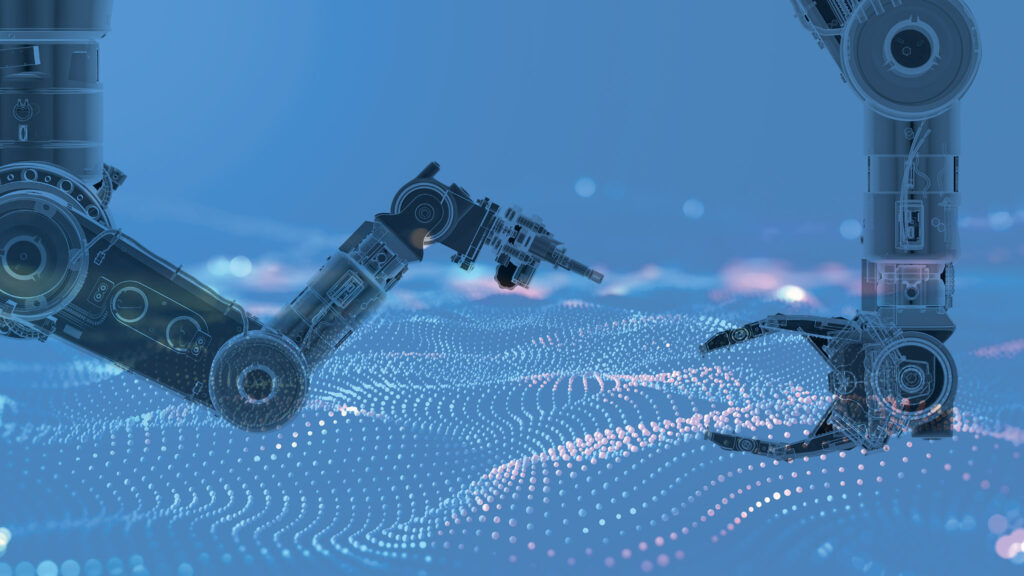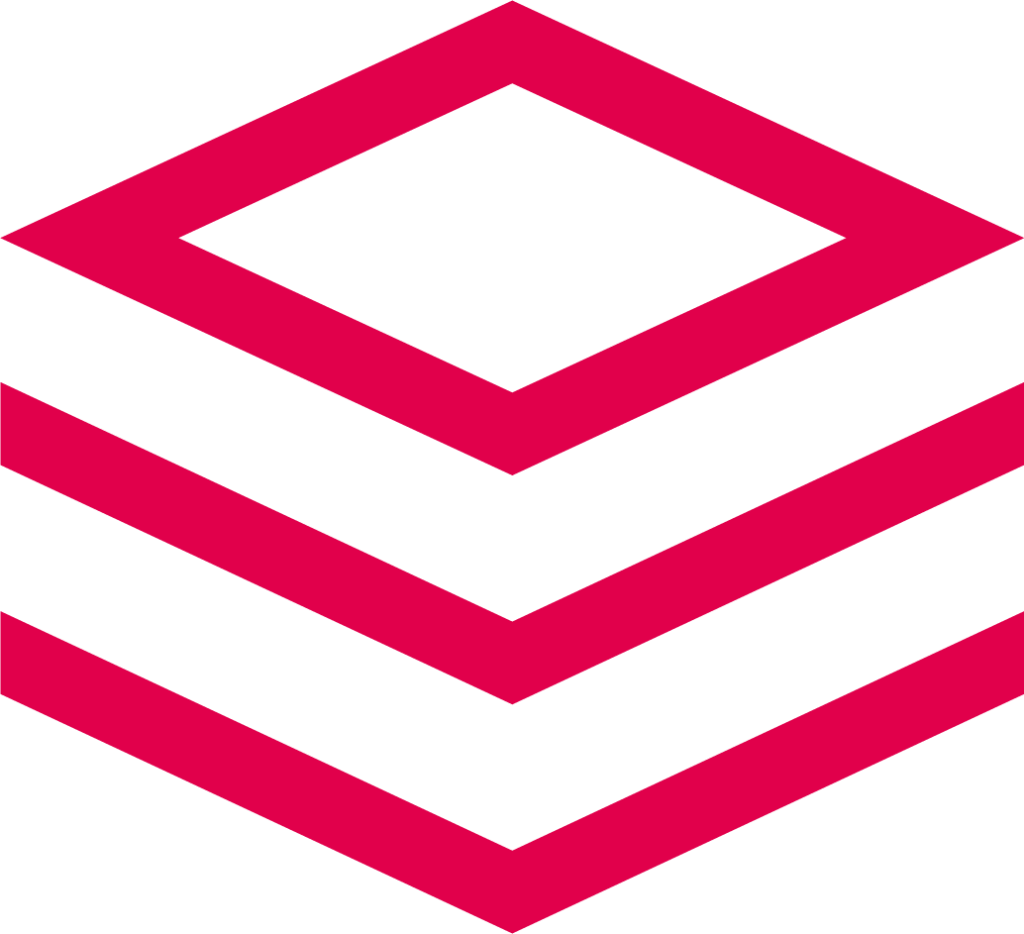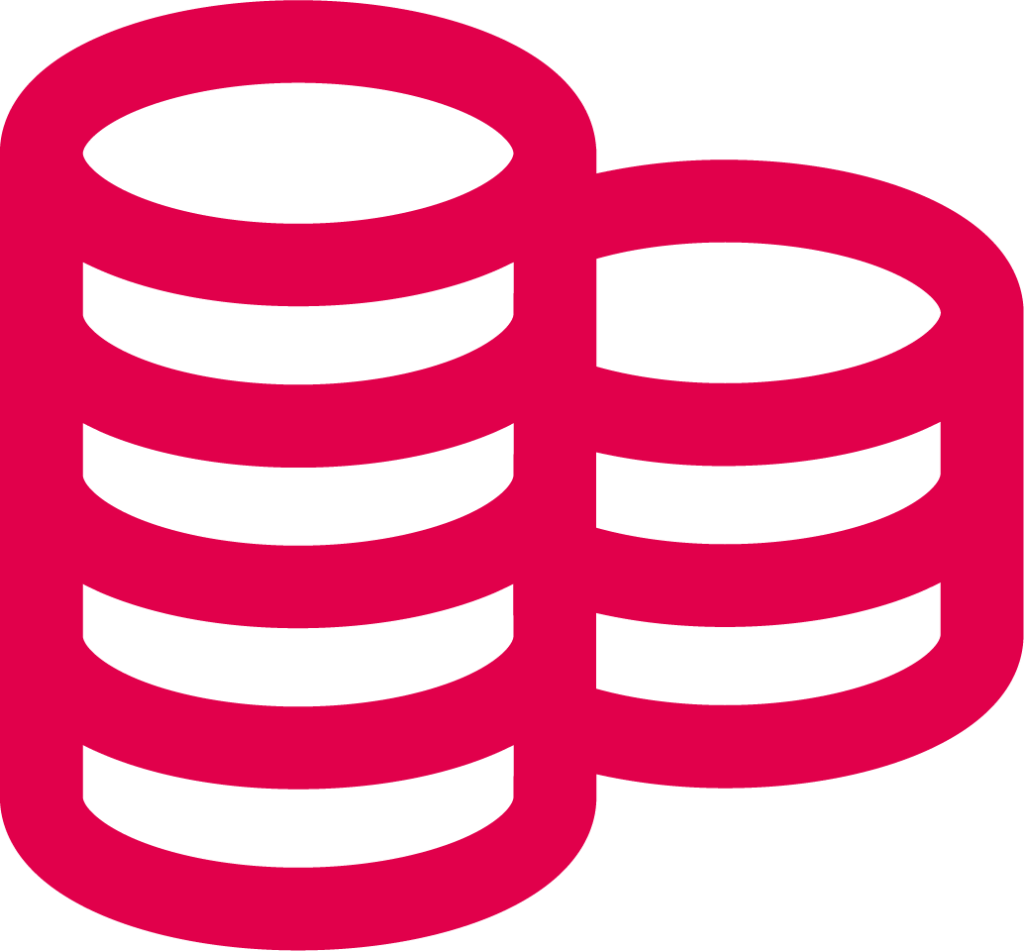
FutureScope is delivered by Digital Catapult, the UK authority on advanced digital technology.

This Decommissioning Data Challenge was designed to find a company to work with the Robotics and Artificial Intelligence Collaboration (RAICo) to develop a high-quality proof-of-concept digital-twin that can utilise, process, and merge complex data to make nuclear decommissioning faster, cheaper, and safer, answering the challenge of:
“What digital tools can be used to create a digital twin from pre-existing and robot-collected data that enables a structured approach for strategic decision making and analytics in order to make nuclear decommissioning faster/safer/cheaper?”
The Robotics and Artificial Intelligence Collaboration (RAICo) is a collaboration between the Nuclear Decommissioning Authority (NDA), Sellafield Ltd, UK Atomic Energy Authority (UKAEA) and University of Manchester. It is an end user-led collaboration that brings together teams from fission decommissioning and fusion engineering. The programme is focussed on developing robotics and artificial intelligence technologies that are required for the deployment of remotely operated solutions for decommissioning and future fusion powerplants.
The successful company will have the opportunity to work at a RAICo facility, and will benefit from:

Tours of RAICo, Remote Applications in Challenging Environments (RACE), and JET’s In-vessel Training Facility (IVTF), and demonstrations of existing digital tools created for decommissioning.

Access to technical guidance and support from RAICo

The successful applicant is expected to receive up to £40k funding, released according to milestones agreed between the applicant and RAICo.

Working with RAICo will help the applicant gain insight into opportunities within the nuclear sector, grow their visibility and expand their portfolio within the nuclear sector including fission and fusion.

Support to further development, testing plans, and deployment roadmapping.
Application will be assessed against the following criteria:
Criteria 1: Proposed Idea
Criteria 2: Technical Project Summary
Criteria 3: Project Plan and Methodology
Criteria 4: Finances
Criteria 5: Team and Expertise
The selected startup will have 13 weeks to develop a proof-of-concept that can help RAICo automate their data access and analysis, generate insights, improve the way they share and visualise data, and allow them to make better use of data to help support the planning and forecasting of work. The selected company will also be expected to showcase their concept on site at the RAICo robotics lab in West Cumbria, in addition to submitting a report on the proof-of-concepts, its benefits and further possibilities and opportunities.
What are the programme obligations?
If you are interested in the Decommissioning Data Challenge and would like to learn more about the programme, please watch our recorded webinar to hear more about: